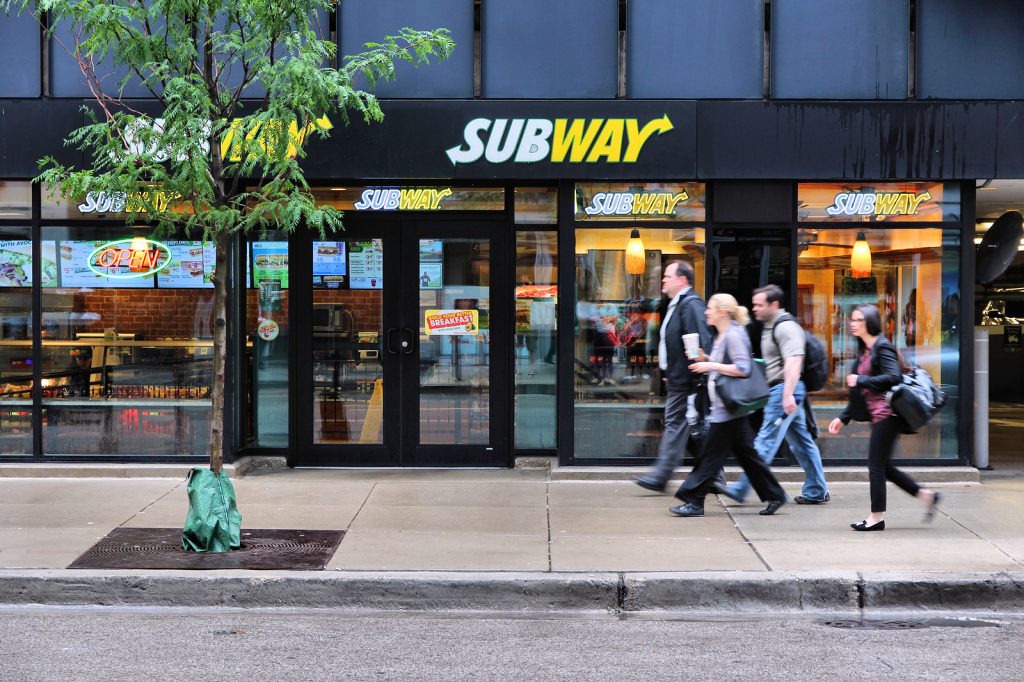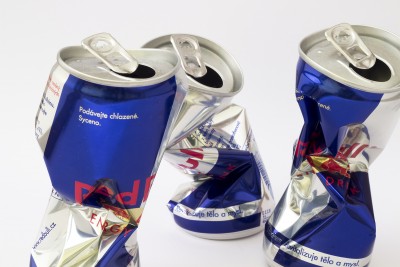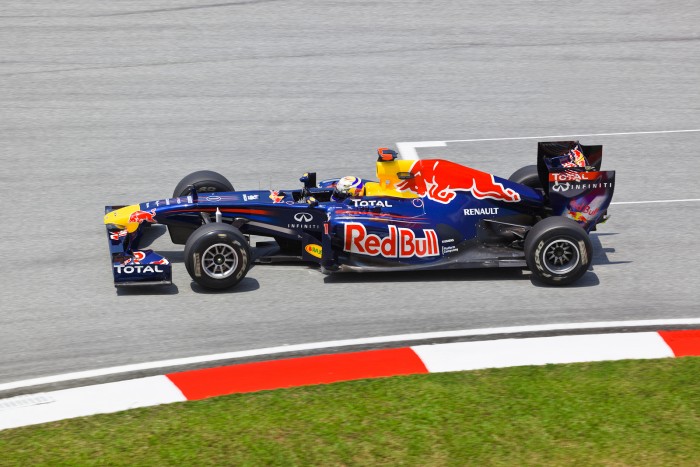Learning Hub | Mindful Marketing
Brand Messaging: Don’t F* It Up
September 1, 2015 | Jon Teodoro

So, could any of you order a “$5 Footlong” from Subway without thinking about disgraced former spokesperson Jared Fogle in very compromising prison situations? The sandwich chain has cut any affiliation with the embattled sex offender, wisely switching up its brand messaging to “Simple $6” meal deals. But the damage is done.
Broken Branding = Broken Customer Trust
Subway is still sitting on a sizable $6.8 billion in value, but Fogle’s fateful transition from model customer to company frontman to kiddie porn enthusiast has certainly shaken many customers in the, “subs-all-day-every-day” brand affinity category, if not the standard, “I-get-a-sub-everyday-because-every-other-restaurant-by-my-office-sucks” brand loyalty category. Maybe Subway didn’t see this scandal coming, but much of the inspired resonance that customers drew from Fogle’s weight loss branding is gone.
Your Customers’ “Happy Place” Is Your Brand
“Advertising is based on one thing: happiness. And do you know what happiness is? Happiness is the smell of a new car. It’s freedom from fear. It’s a billboard on the side of a road that screams with reassurance that whatever you’re doing is OK. You are OK.” – Don Draper
 Considering that Subway has been a largely successful player in the niche of healthy, fast food, let’s switch it up to a brand that often finds itself scrutinized over potential health risks: Red Bull Energy Drinks.
Considering that Subway has been a largely successful player in the niche of healthy, fast food, let’s switch it up to a brand that often finds itself scrutinized over potential health risks: Red Bull Energy Drinks.
How did a company that now sells 20 oz. cans loaded with inordinate amounts of caffeine and sugar manage to survive both scrutiny from both health officials and the general public, as well as competition from an oversaturated market of energy drinks? Simple: Outstanding brand marketing.
In the popular AMC television show Mad Men, Don Draper said advertising is, “…freedom from fear. It’s a billboard on the side of a road that screams with reassurance that whatever you’re doing is OK. You are OK.”
To that effect, Red Bull sponsors some of the greatest athletic feats of our time through the work of extreme sportsman and professional racer Travis Pastrana. It’s sponsored Austrian daredevil Felix Baumgartner, the man who dropped to Earth from an altitude of 128,000 feet at a velocity faster than the speed of sound. It mocks its own “Red Bull Gives You Wings” slogan with open-to-the-public FlugTag events that pit pre-Wright Brothers-esque human-powered flying contraptions against gravity (gravity usually wins). And for good measure, it has a fleet of attractive females driving branded Mini-Coopers to distribute out free cans of its product.

Red Bull knows its market: The downtrodden cubicle worker who needs a caffeine kick and subconscious flashes of Red Bull’s adrenaline-pumping marketing campaigns; the aspiring extreme athlete who needs some energy (real or imagined) to attack the slopes at the local resort; or the young, wide-eyed teenager who has Travis Pastrana and – by proxy of his sponsorship – Red Bull branding on the posters that adorn his room. It’s hard to escape the world of Red Bull. But when the critics are largely silenced by the brand’s ability to immerse its customers in an exciting universe that transcends mere words by converting them into warm emotions, who are they to deny happiness?
